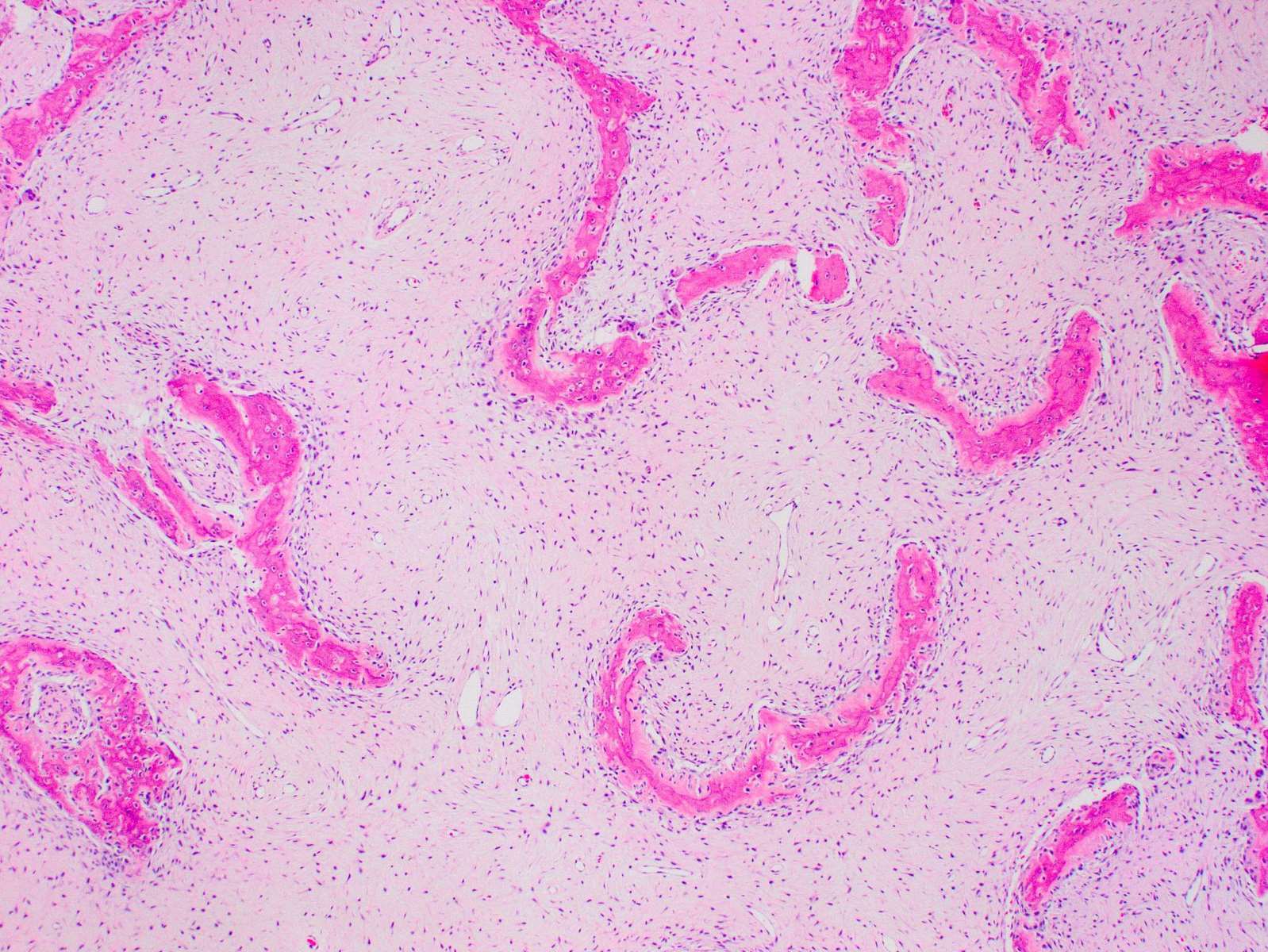
What is Harrison Syndrome? Harrison Syndrome, also known as Harrison's groove, is a rare congenital condition marked by a noticeable midline groove or depression in the abdominal wall. This anomaly appears at birth and often comes with other congenital issues like omphalocele, gastroschisis, or intestinal atresias. The exact cause remains unclear, but it likely stems from abnormal fetal development of the abdominal wall. Diagnosis usually involves physical exams, imaging studies, and lab tests. Treatment varies from conservative management to surgical intervention, depending on severity. Understanding Harrison Syndrome is crucial for ensuring proper care and improving outcomes for affected infants.
What is Harrison Syndrome?
Harrison Syndrome, also known as Harrison's groove, is a rare congenital anomaly. It is characterized by a distinct midline groove or depression in the abdominal wall. Let's explore some essential facts about this condition.
-
Definition and Etiology: Harrison Syndrome involves a midline groove in the abdominal wall. The exact cause remains unclear but is linked to abnormal fetal development.
-
Incidence: This condition is rare, occurring in about 1 in 100,000 births. Its rarity makes comprehensive data collection challenging.
Symptoms and Associated Conditions
Understanding the symptoms and related conditions can help in early detection and management.
-
Symptoms: The main symptom is a midline groove in the abdominal wall. Other symptoms may include intestinal obstruction, abdominal distension, and vomiting.
-
Associated Conditions: Often linked with other congenital anomalies like omphalocele, gastroschisis, and intestinal atresias. These can complicate diagnosis and treatment.
Diagnosis and Prenatal Detection
Early diagnosis is crucial for effective management. Let's look at how Harrison Syndrome is diagnosed.
-
Diagnosis: Involves physical examination, imaging studies, and lab tests. Imaging like ultrasound or CT scans help evaluate the anomaly.
-
Prenatal Diagnosis: Advanced imaging techniques can sometimes detect the anomaly during pregnancy. However, prenatal diagnosis isn't always accurate.
Treatment Options
Treatment varies based on the severity of the condition and associated anomalies.
-
Treatment Options: Mild cases may only need conservative management, including monitoring and addressing symptoms. Severe cases might require surgical intervention.
-
Surgical Intervention: Surgery often involves repairing the abdominal wall and addressing associated anomalies. The timing and approach depend on the infant's health.
Prognosis and Complications
The outlook for infants with Harrison Syndrome varies. Understanding potential complications is essential.
-
Prognosis: Mild cases generally have a good prognosis with full recovery. Severe cases may have a poorer outlook due to complications.
-
Complications: Can include intestinal obstruction, abdominal distension, and feeding difficulties. Early diagnosis and treatment are crucial to prevent these issues.
Nutritional Support and Monitoring
Proper nutrition and regular monitoring are vital for infants with Harrison Syndrome.
-
Nutritional Support: Infants may need nutritional support to ensure adequate nutrition. This can include formula feeding or breast milk with supplements.
-
Monitoring and Follow-Up: Regular check-ups with a pediatrician or specialist help monitor the condition and address complications. Imaging and lab tests may be repeated periodically.
Genetic Considerations and Family Impact
Genetic factors and the psychosocial impact on families are important aspects to consider.
-
Genetic Considerations: While typically sporadic, some cases are linked to genetic syndromes like VACTERL association. The exact genetic mechanisms are not fully understood.
-
Psychosocial Impact: The condition can be emotionally challenging for families due to prolonged hospital stays and multiple surgeries. Support from healthcare providers and support groups is crucial.
Family History and Prevention
Understanding family history and prevention can provide insights into managing the condition.
-
Family History: No clear evidence suggests a familial component. Some cases occur in families with a history of other congenital anomalies.
-
Prevention: No known methods to prevent Harrison Syndrome. Maintaining a healthy lifestyle during pregnancy and regular prenatal care can reduce the risk of congenital anomalies.
Research and Support Groups
Ongoing research and support groups play a significant role in managing Harrison Syndrome.
-
Research and Development: Research focuses on understanding the causes and developing effective treatments. Advances in imaging and surgical techniques improve management.
-
Support Groups: These provide emotional support, practical advice, and a sense of community for affected families. They connect families with similar experiences.
Ethical Considerations and Future Directions
Ethical considerations and future research directions are essential for improving care.
-
Ethical Considerations: Informed consent for surgical interventions is crucial. Parents must be fully informed about risks, benefits, and potential complications.
-
Future Directions: Continued research into causes and treatment strategies is vital. Advances in prenatal diagnosis and surgical techniques will enhance outcomes for affected infants.
Final Thoughts on Harrison Syndrome
Harrison Syndrome, though rare, presents unique challenges for affected infants and their families. This congenital anomaly, marked by a midline groove in the abdominal wall, often comes with other complications like omphalocele and gastroschisis. Early diagnosis through physical exams and imaging is crucial for effective management. Treatment varies from conservative care to surgical intervention, depending on severity. Nutritional support and regular follow-ups are essential for monitoring progress and preventing complications. While the exact cause remains unclear, ongoing research aims to improve understanding and treatment options. Emotional and psychosocial support for families is equally important, given the condition's impact. Advances in medical technology and prenatal care offer hope for better outcomes. Understanding Harrison Syndrome helps in providing optimal care and improving the quality of life for those affected.
Was this page helpful?
Our commitment to delivering trustworthy and engaging content is at the heart of what we do. Each fact on our site is contributed by real users like you, bringing a wealth of diverse insights and information. To ensure the highest standards of accuracy and reliability, our dedicated editors meticulously review each submission. This process guarantees that the facts we share are not only fascinating but also credible. Trust in our commitment to quality and authenticity as you explore and learn with us.


